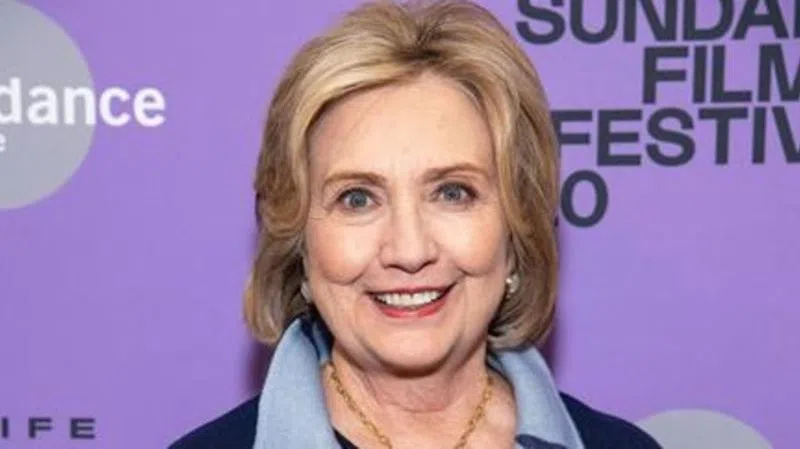
At Sundance, Clinton warns of voter suppression in election
PARK CITY, Utah — Since losing the 2016 election to Donald Trump, Hillary Clinton has released a memoir about that defeat, launched a political action committee and penned another book about “gutsy women” with her daughter, Chelsea. But Clinton’s most prominent return to the public eye has come at the Sundance Film Festival, where the former Secretary of State unveiled a candid four-hour documentary series, “Hillary.”
Clinton is aware that some thought she would slink away after 2016.
“Yes, they did, didn’t they?” Clinton said in an interview in Park City. “Well, that was never an option.”
Nanette Burstein’s “Hillary,” which Hulu will debut March 6, is a more direct and long-form portrait of Clinton than has ever been done on camera. You might say it’s a bid for Clinton to reassert her legacy, to tell the story of a career and life that, she feels, has often been distorted by scrutiny, notoriety and scandal.
